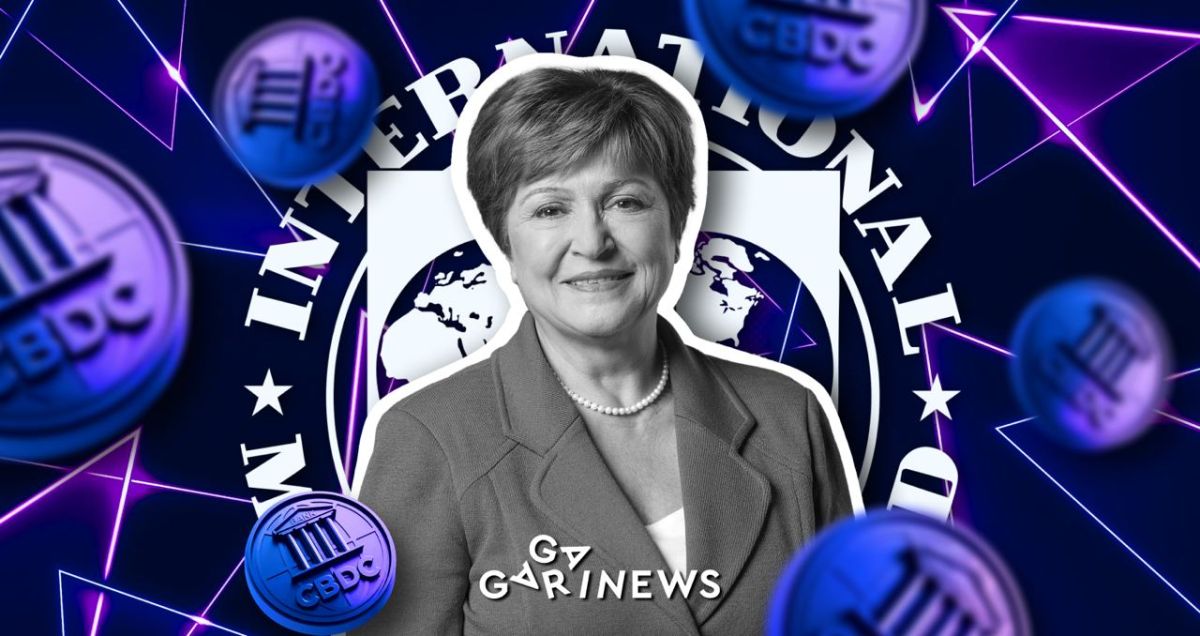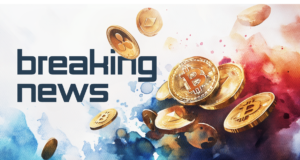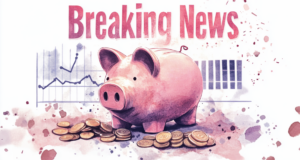The IMF is Working on the Creation of a CBDC

The International Monetary Fund (IMF) is working on an infrastructure to create a global platform for Central Bank Digital Currencies (CBDCs) in a bid to make cross-border transactions more efficient, secure, and cost-effective.
On this page
Adrian, the director of the IMF's monetary and capital markets department, argued that the platform could bring numerous benefits without surrendering the fungibility of money or necessitating that individuals share sensitive private information.
The platform, which would maintain a single ledger controlled by the operator, is designed to prevent double-spending and improve the transparency and speed of international transactions. However, it appears the IMF isn't considering blockchain technology due to perceived limitations related to validator costs, security, energy efficiency, and privacy.
Adrian further explained that under this new system, governments would still retain the right to limit foreign currency transactions and enforce anti-money laundering checks. This approach seems to have been chosen to maintain control over capital measures in countries facing financial crises, which can be necessary to stabilize their economies.
This is a significant development, given the current shift towards digital currencies worldwide. However, it's important to note that this doesn't align with the vision of some crypto enthusiasts who advocate for a fully decentralized financial system.
While blockchain-based solutions like Bitcoin and Ethereum have been lauded for their potential to facilitate easier cross-border payments, concerns over regulatory controls, security, and efficiency have led the IMF, the Bank for International Settlements, and other organizations to consider alternative paths.
It's yet to be seen how this platform might interact with existing cryptocurrencies and whether it could drive broader adoption of digital currencies.
The content on The Coinomist is for informational purposes only and should not be interpreted as financial advice. While we strive to provide accurate and up-to-date information, we do not guarantee the accuracy, completeness, or reliability of any content. Neither we accept liability for any errors or omissions in the information provided or for any financial losses incurred as a result of relying on this information. Actions based on this content are at your own risk. Always do your own research and consult a professional. See our Terms, Privacy Policy, and Disclaimers for more details.


























